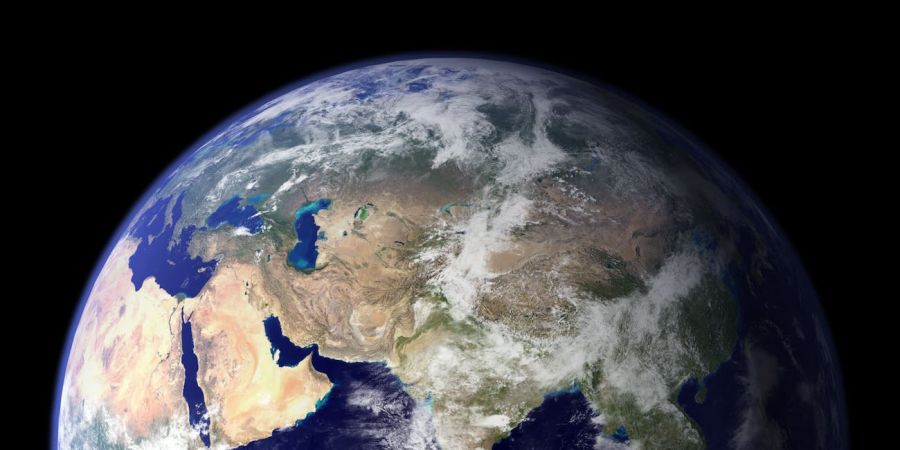

The rise in the planet's average temperature is what is referred to as global warming.
Disasters like storms, droughts, and floods are occurring more frequently as the Earth gets hotter.
The average temperature of the air near Earth's surface has increased by just under 1° Celsius in the last 100 years (0.74 0.18°C, or 1.3 0.32° Fahrenheit).
However, according to scientists, it is to blame for the glaring spike in storms, floods, and blazing forest fires we have witnessed over the past ten years.
Earth should be in its cooling phase.
But it's not just about how much; it's also about how quickly the Earth is warming.
Natural climate shifts have always occurred, including Ice Ages and the warm intervals in between.
The Most Vital Actions You Can Take in Response to Rapid Climate Change:
1. Recognize the issue
2. Take Action Immediately to Cut Greenhouse Gas Emissions
The harsh reality is that the globe is emitting more CO2 into the atmosphere than ever before, despite the fact that many countries, businesses, cities, and individuals are beginning to take steps to cut their global warming emissions.
The current concentration is 385 parts per million (ppm), the highest in 800,000 years.
Meanwhile, NASA's renowned meteorologist Dr. James Hansen claims that the air already contains too much CO2 and other greenhouse gases:
"If humanity wants to maintain a world like the one where civilization first emerged and where life on Earth is evolved,"
CO2
Events that serve as precursors to the kinds of effects that will probably increase in frequency and scope with further warming.
illness spread
spring arrives earlier
Range changes and population fluctuations in plants and animals
bleaching of coral reefs
flooding, severe snowfalls, and downpours
Dehydration and fires
1. Climate change's effects on agriculture
Producing less grain than usual
Effects of poverty
Potential impact of temperature on the growing season
Carbon dioxide in the atmosphere may have an impact on crop yield
quality impact
Surfaces used for agriculture and climate change
Fertility and erosion
Possibly negative consequences of climate change on weeds, illnesses, and pests
Glacier retreat and extinction
Effects of ozone and UV-B ENSO on agriculture
2. Agriculture's contribution to climate change
An answer to global warming Although nobody can be held responsible for global warming, it can be addressed and prevented from getting worse by beginning at the individual level. Of course, businesses and international corporations emit more carbon dioxide into the atmosphere than the typical person. Still, the only practical means of halting the worsening effects of global warming are through advocacy and collective action. In order to prevent further harm from being done to the environment in general, world leaders must also develop specific plans and step programmes at the state or government level. Finding the appropriate solution is essential, even though we are almost too late to slow the rate of global warming. Everyone must contribute to the effort to find a solution to global warming, from individuals to governments. regulating population and pollution
